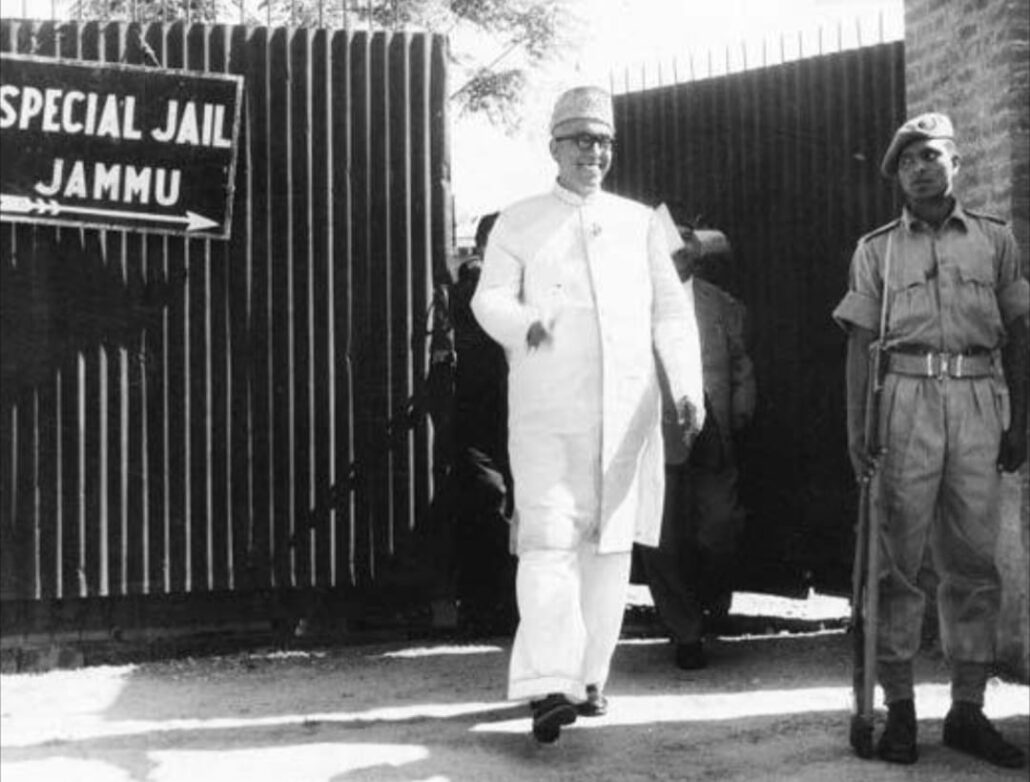
Veteran Congress leader and former Sadr-e-Riyasat, Dr. Karan Singh, has criticized National Conference founder Sheikh Abdullah for allegedly harboring “anti-Dogra feelings” throughout his life.
Speaking to PTI, Singh also called it a “mistake” for Pandit Jawaharlal Nehru to take the Kashmir issue to the United Nations, a decision he believes complicated the situation further.
Dr. Singh reflected on his early entry into politics at the age of 18, attributing it to the challenging circumstances created after his father, Maharaja Hari Singh, was compelled to leave Jammu Kashmir.
“The situation developed in such a way that my father had to leave the state under very painful circumstances. The reason was Sheikh Abdullah,” Singh remarked.
He further elaborated on the historical events, suggesting that the decision to approach the United Nations and agree to a plebiscite was unnecessary.
“I don’t think we should have gone to the United Nations. It was one of the few mistakes made by Pandit Nehru,” Singh said, adding that Lord Mountbatten likely influenced Nehru’s decision.
Singh accused Sheikh Abdullah of lobbying against Maharaja Hari Singh, allegedly claiming that he could not win an election as long as the Maharaja remained in the state. “Sheikh Abdullah had terrible anti-Dogra feelings all his life,” he alleged.
Recalling his political encounters with Sheikh Abdullah, Singh noted their tense relationship, particularly during Abdullah’s dismissal. However, he acknowledged Sheikh Abdullah’s ability to move past grievances
“When we met after 14 years, I was unsure how it would go. But to his credit, he walked in and asked, ‘How is Tiger?’ (my nickname). All the tension disappeared,” Singh recalled.
Dr. Singh also expressed admiration for Sheikh Abdullah’s son, Dr. Farooq Abdullah, crediting him for bringing Singh back into active politics.
He described Farooq’s son, Omar Abdullah, as a “balanced individual” with a promising political future.
The remarks come amid ongoing debates over Jammu and Kashmir’s history, leadership, and political decisions that have shaped its trajectory since 1947.




